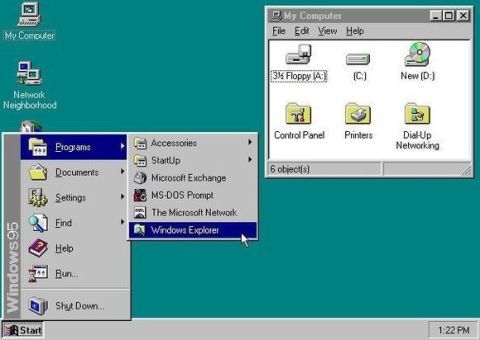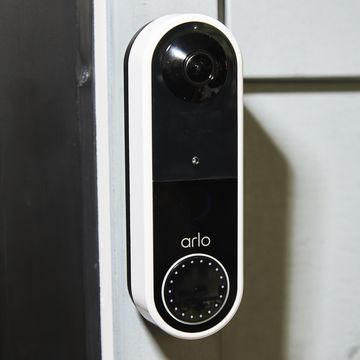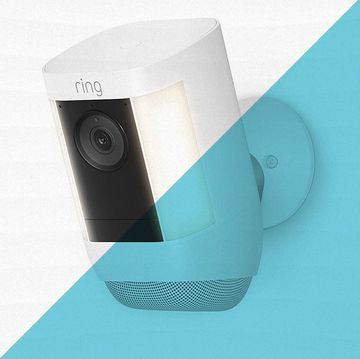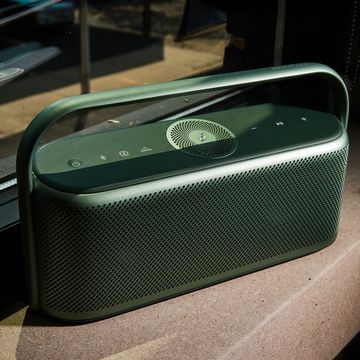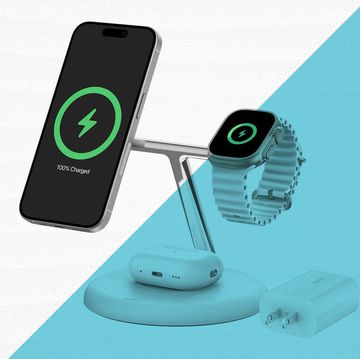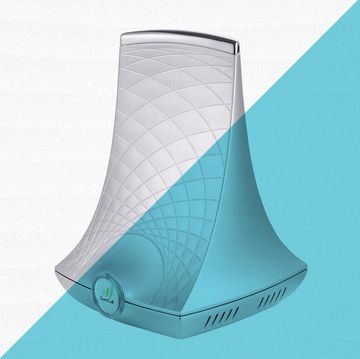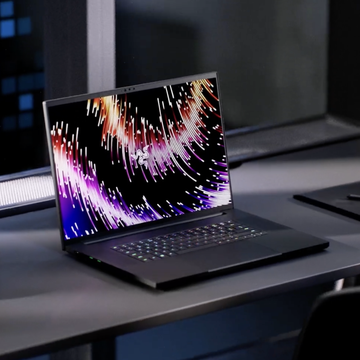Windows 95 launched 22 years ago in 1995 withexperts calling it "a quantum leap in difference in technological capability and stability." Even though the software's operational support sunset in 2000—five years after its release—95 is not dead yet. In addition to the countless government computers that still run the operating system, there are at least seven machines accessible from the outside Internet running in 2017 that still use Windows 95.
All of these machines are apparently in Taiwan. The Next Web, with the help of a security expert, managed to hunt one down and confirm that, surprise, it was riddled with viruses. It had been compromised by DoublePulsar, the NSA-built hacking tool that was leaked onto the Internet and caused panic across the globe.
Windows 95 machines may seem laughably old, but computers that run antiquated operating systems are a serious problem. Nearly 75 percent of the Pentagon's control systems run some combination of older Microsoft OS, for example. And while the government has demanded an upgrade, this isn't as big a problem as you might think. Daryl Haegley, a program manager at Pentagon, recently told Defense One the singular disclaimer that allows Windows 95 to be used today: "that's OK—if they're not connected to the internet."
This longevity speaks to the decision companies make with their operating systems: Many people (and governments) just can't be bothered with the hassle and cost to upgrade, so they try to make them last as long as possible, even though it might have dire consequences in the future.
Source: The Next Web
David Grossman is a staff writer for PopularMechanics.com. He's previously written for The Verge, Rolling Stone, The New Republic and several other publications. He's based out of Brooklyn.
